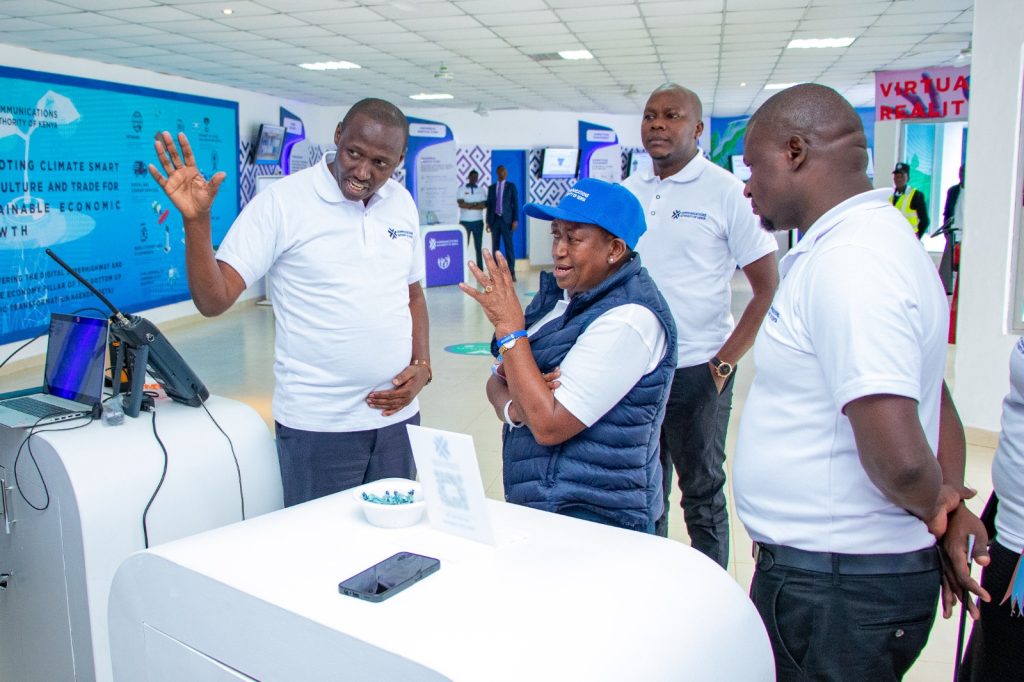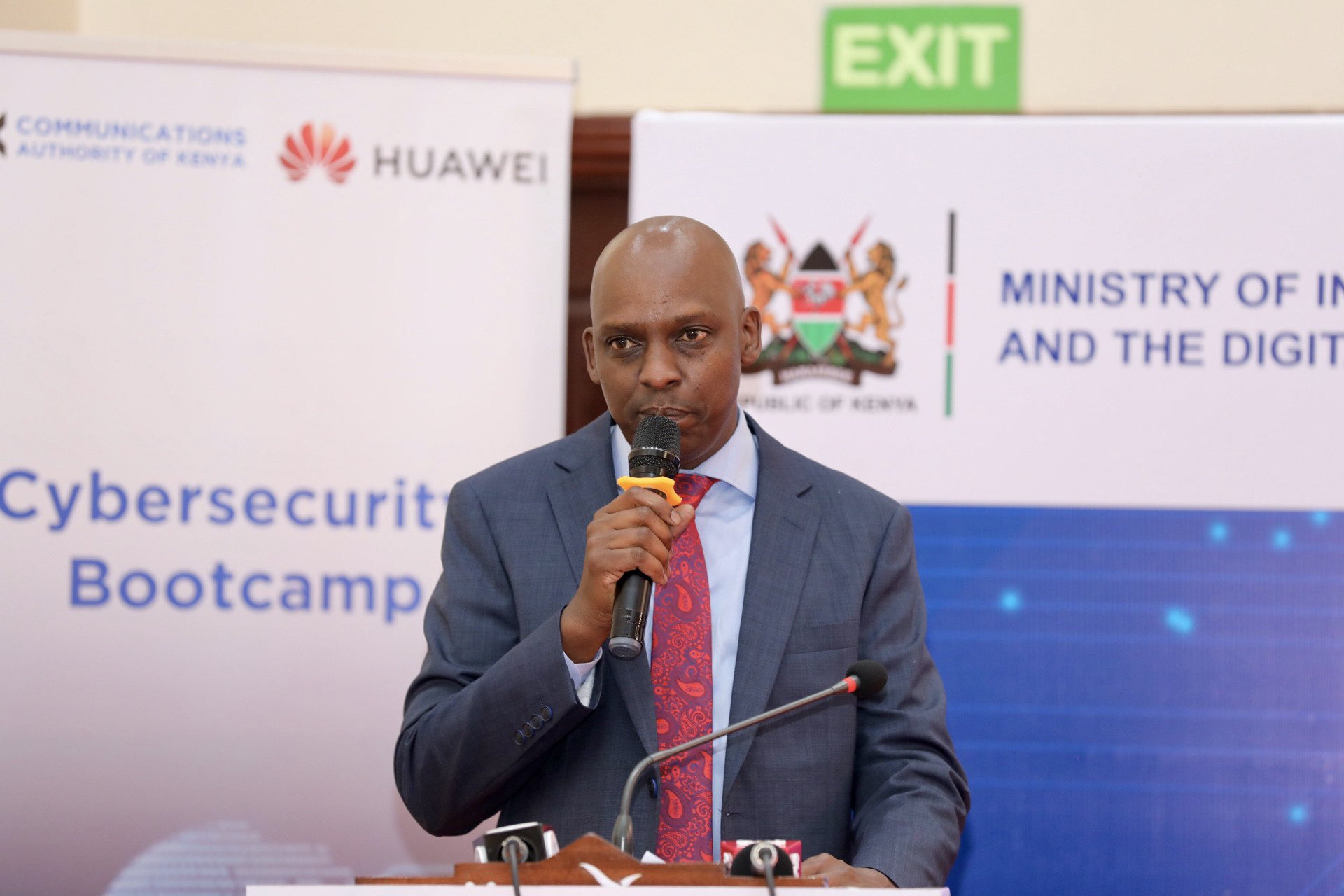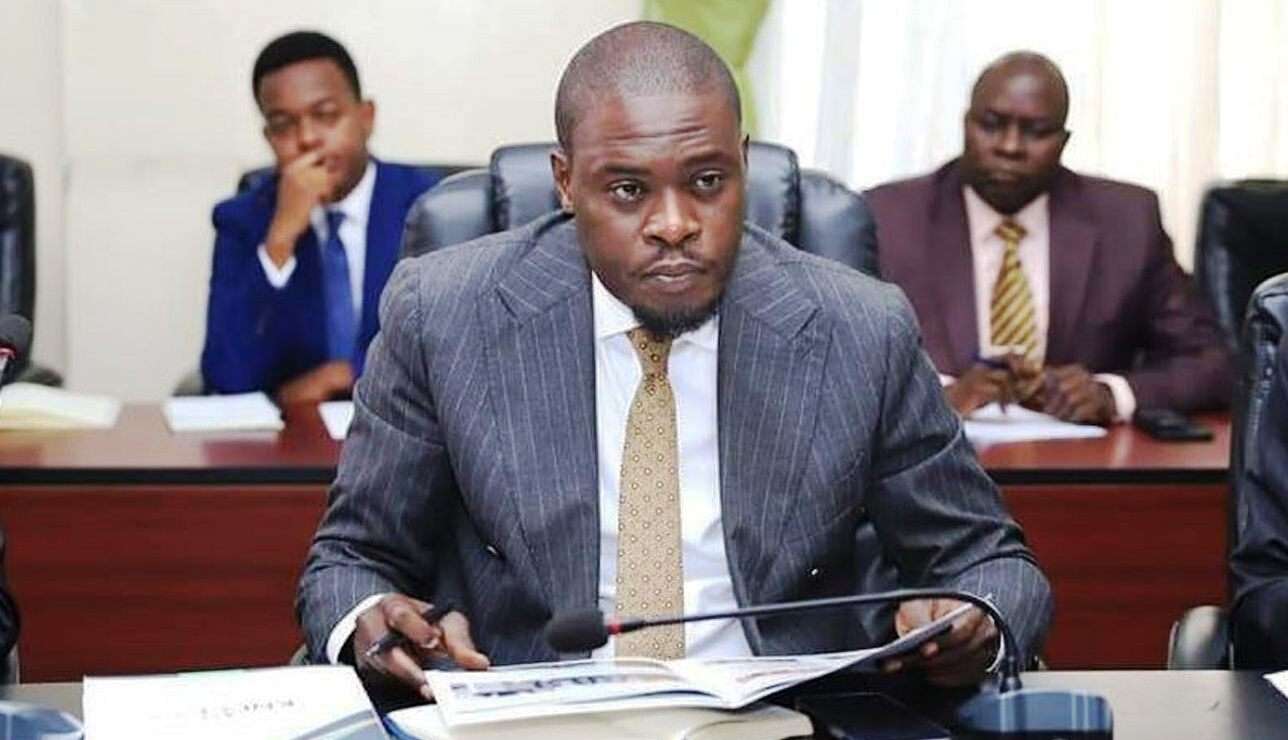The Communications Authority of Kenya (CA) is facing heightened scrutiny after a robust defence of its chairperson, Mary Wambui, by Director General David Mugonyi and Solicitor General Shadrack Mose raised more questions than it answered regarding the awarding of a lucrative tender to a company linked to her.
In their affidavits responding to a lawsuit filed by the Consumer Federation of Kenya (Cofek), which seeks Wambui’s removal over alleged abuse of office, both Mugonyi and Mose insist that Wambui was unaware of the tender granted to Nightingale Enterprises. At the time of the award, her daughter, Evelyn Nyambura, was a majority shareholder in the firm. However, how can Mugonyi and Mose be so certain Wambui did not know of Nightingale’s tender involvement, given her familial ties to the company?

Cofek argues that the £38 million (Ksh 5 billion) tender award was improper, noting that the tender documents explicitly barred public employees and their immediate family members—spouses, siblings, uncles, and aunts—from bidding. Cofek also points out that Nightingale Enterprises rebranded to Nightingale (EA) Ltd shortly before the contract was finalised.
Mugonyi contends that Wambui resigned as a shareholder and director of Nightingale on 5 December 2022, following her appointment as CA chairperson by President William Ruto. He maintains this occurred well before Nightingale secured the Digital Superhighway – Last Mile and Public Wifi Connectivity contract in April 2023. Yet, why did Nyambura resign so soon after the budget approval, and what evidence supports the timing of her exit?
According to Mugonyi, the project, managed by the Information and Communication Technology Authority (ICTA) and financed through the CA’s Universal Service Fund, was beyond Wambui’s jurisdiction. He argues that, with ICTA overseeing procurement, Wambui could not have anticipated Nightingale’s involvement or the tender award, thereby negating any obligation to declare a conflict of interest. In his 14-page affidavit dated 1st October 2024, Mose echoes these sentiments, denying any personal interest on Wambui’s part.
However, The Weekly Vision reports credible evidence that the CA board approved the budget on 29 April 2023, while Nyambura was still a director. Nyambura resigned just days later, prompting a source to question: Who currently owns Nightingale (EA) Ltd, and why has Wambui not clarified this, as suggested by the source?
Cofek’s petition accuses the tender process of breaching constitutional and legal standards of leadership integrity and good governance. It argues that the Kenyan public is at risk of severe harm and the loss of billions in public funds due to the respondents’ conduct. Furthermore, the public may suffer from a flawed Digital Superhighway rollout, a project intended to deliver widespread benefits. What specific steps did ICTA take to ensure the tender process was free of influence from CA officials?
The petition highlights Nightingale’s repeated shareholding changes as evidence of a calculated scheme to benefit from contracts amid a clear conflict of interest. It notes that Evelyn Nyambura Mungai controlled 70% of the company’s shares until 29 May 2024, just before Nightingale (EA) Limited secured initial contracts. Thomas Muya Njau held 10%, while Ruth Waithira Kinyanjui owned 20%.
Cofek points to a post-award restructuring: Nyambura, previously the dominant shareholder, is no longer listed, while Kinyanjui’s stake surged from 20% to 90%. Cofek claims this restructuring was designed to obscure the true beneficiaries—Wambui, through her daughter. It argues that Kinyanjui served as a proxy for Wambui and Nyambura. The petition also highlights the close business ties between Nyambura and Kinyanjui, noting their collaboration in Nightingale Construction Limited, where Nyambura owns 70% and Kinyanjui 15%.
The mounting questions surrounding this tender process suggest the need for a deeper inquiry into potential conflicts of interest and the transparency of the procurement procedures involved.





